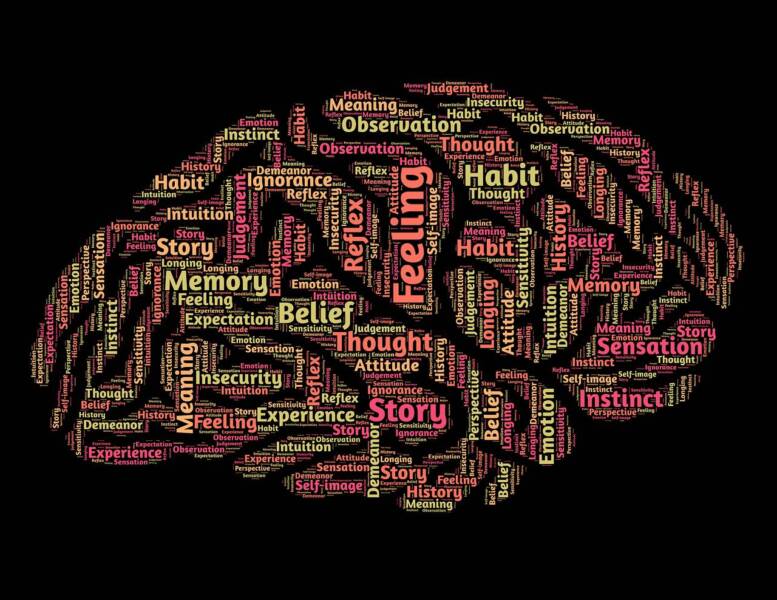Project-based learning (PBL) is a modern educational approach that focuses on learning by engaging in meaningful, real-world activities. The idea first arose in the late 1800s when American psychologist and philosopher John Dewey released My Pedagogical Creed (1897).
Today, project-based learning is increasingly applied in universities across Australia and around the world to improve student employability and learning outcomes. But is it actually effective? Keep reading to find out!
What is Project-Based Learning?
Project-based learning is a teaching method that encourages students to learn by doing. Students have a chance to apply what they have learned in a real-world setting and develop their skills through solving problems.
It is a way of teaching that emphasises active, experiential, and concrete forms of knowledge acquisition. It encourages students to explore their unique interests and develop research, problem-solving, creativity, communication, and collaboration skills.
Some examples of project-based learning include:
- Planning, preparing, and running a fundraiser to raise money for a local charity.
- Designing, planting, and caring for a student garden.
- Creating a communication campaign to raise awareness about a popular university issue.
There’s no single template for project-based learning. The applications are broad and varied, with options available for all students regardless of their field of study.
Benefits of Project-Based Learning for University Students
Project-based learning offers university students an enormous range of benefits, allowing them to excel in future employment and everyday life.
Some key benefits include:
- Students apply what they have learned in a real-world setting and develop job-ready, practical skills through relevant problem-solving.
- Students become better critical thinkers and decision-makers.
- Students have the opportunity to take on leadership roles and collaborate with people outside of the classroom, helping them build a strong network.
- Students more readily absorb information and gain confidence as they exercise control over their work.
- Universities and educators enjoy improved employment outcomes and retention rates.
To summarise, project-based learning exposes students to real-world scenarios they would otherwise never experience until they complete university. By picking these skills up early, students can gain a significant head-start as they enter the working world.
Project-Based Learning and Employment Outcomes: An Overview
Project-based learning is proven to enhance employment outcomes for university students. Let’s look into some relevant recent studies.
According to a 2012 study by the University of Salford, students undertaking a project-based learning module reported a positive experience with the educational approach. The same students also recognised they had developed new employability skills, including project management, professional skills, and teamwork.
A similar study published in 2010 found that students who participate in project-based learning develop viable technology skills, become better communicators, and learn to solve problems in fresh, innovative ways. The study concluded that these skills are critical for success in the 21st century and that students certainly benefit from this instructional approach.
A Quick Conclusion
So, thanks to the range of studies into the benefits of project-based learning for higher education students, we can confidently conclude that the approach is excellent for improving student employability.
TechnologyHQ is a platform about business insights, tech, 4IR, digital transformation, AI, Blockchain, Cybersecurity, and social media for businesses.
We manage social media groups with more than 200,000 members with almost 100% engagement.









































